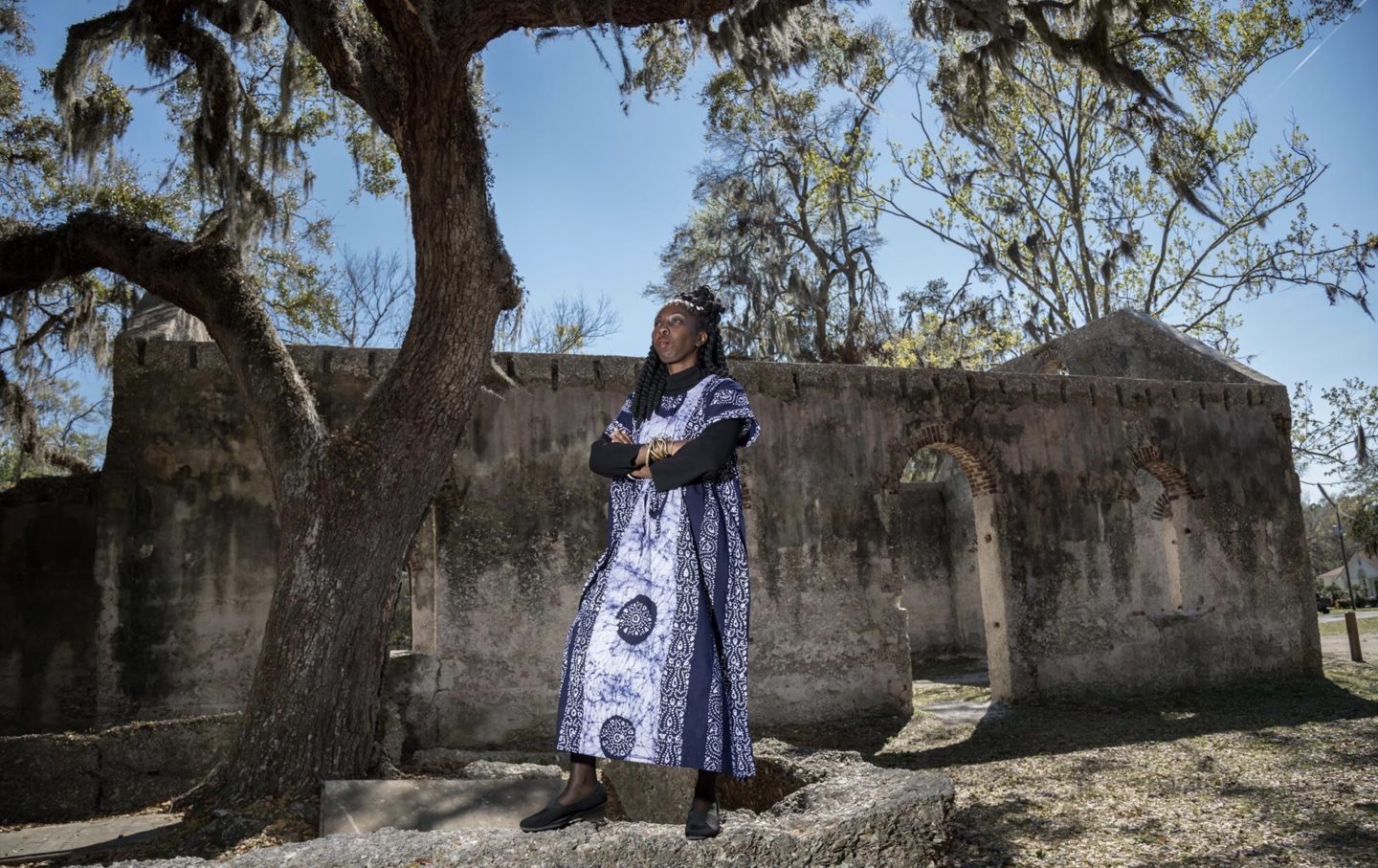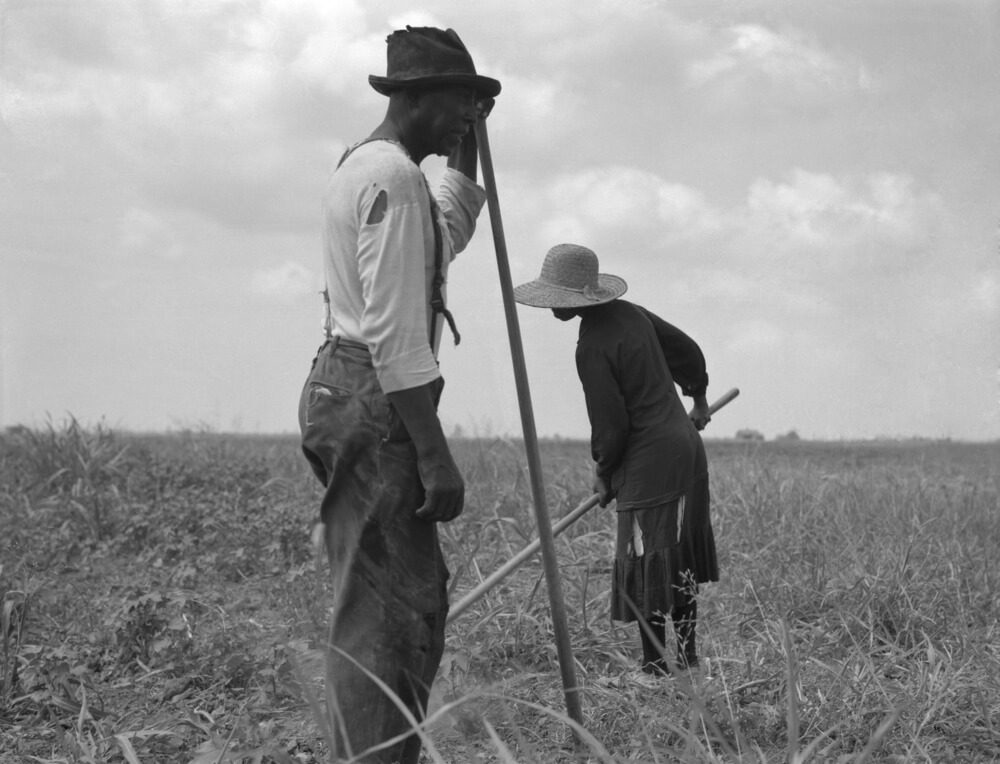5fish
Well-Known Member
- Joined
- Jul 28, 2019
- Messages
- 10,739
- Reaction score
- 4,570
Here is another example of White racism cheating Black Americans of their land. Yes, the 20th century has god offal stories of White America cheating Black America of wealth... Mississippi Delta...
.
Black landowners in the South have lost 12 million acres of farmland over the past century—mostly from the 1950s onward. The Atlantic reports that a million Black families have been ripped from their farms in a “war waged by deed of title” and propelled by white racism and local white power.
snip...
Starting with New Deal agencies in 1937, federal agencies whose “white administrators often ignored or targeted poor Black people—denying them loans and giving sharecropping work to white people” became “the safety net, price-setter, chief investor, and sole regulator for most of the farm economy in places like the Delta.” As small farms failed, large plantations grew into huge industrial mega-farms with enormous power over agricultural policy.
snip...
Today, the vast majority of Black farmland in America is owned by white people or corporations. From a million Black farmers in 1914, there were 18,000 in 1992. “The dispossession of Black agricultural land resulted in the loss of hundreds of billions of dollars of Black wealth. We must emphasize this estimate is conservative … Depending on multiplier effects, rates of returns, and other factors, it could reach into the trillions,” researchers told The Atlantic. The large wealth gap between white and Black families today exists in part because of this historic loss.
.
Black landowners in the South have lost 12 million acres of farmland over the past century—mostly from the 1950s onward. The Atlantic reports that a million Black families have been ripped from their farms in a “war waged by deed of title” and propelled by white racism and local white power.
snip...
Starting with New Deal agencies in 1937, federal agencies whose “white administrators often ignored or targeted poor Black people—denying them loans and giving sharecropping work to white people” became “the safety net, price-setter, chief investor, and sole regulator for most of the farm economy in places like the Delta.” As small farms failed, large plantations grew into huge industrial mega-farms with enormous power over agricultural policy.
snip...
Today, the vast majority of Black farmland in America is owned by white people or corporations. From a million Black farmers in 1914, there were 18,000 in 1992. “The dispossession of Black agricultural land resulted in the loss of hundreds of billions of dollars of Black wealth. We must emphasize this estimate is conservative … Depending on multiplier effects, rates of returns, and other factors, it could reach into the trillions,” researchers told The Atlantic. The large wealth gap between white and Black families today exists in part because of this historic loss.




